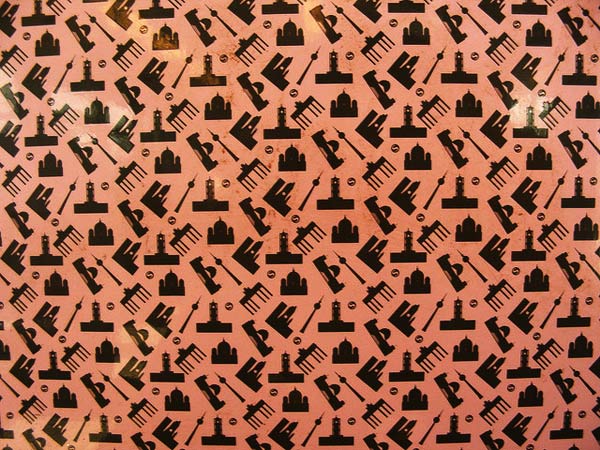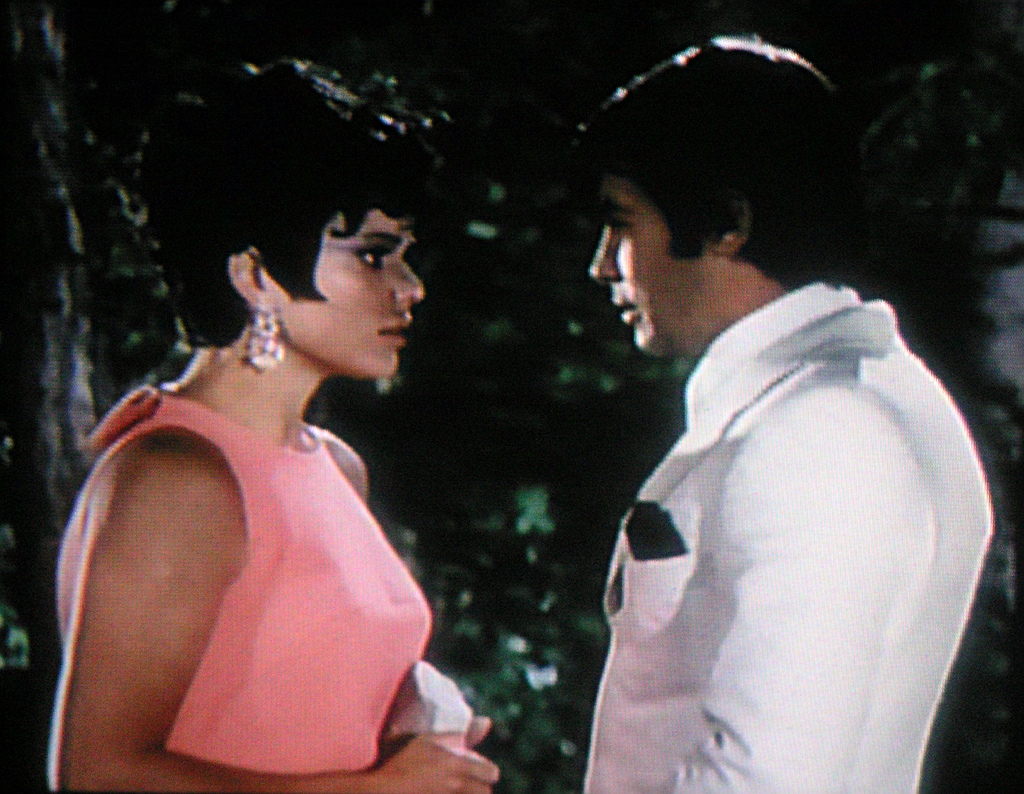Music is a great way to become familiar with a language. If you are learning German or trying to maintain your level of German, one particular niche of European pop music is absolutely perfect… the Schlager.
In German, the word “Schlager” means “hit” (”schlagen” means to hit or beat), but the concept doesn’t translate directly. What’s great for learners of German is that the themes are usually simple and the words are easy to follow.
But watch out, as the melodies will be stuck in your head for days…
What is a Schlager?
Schlagers are light pop tunes, with simple, catchy melodies. They are often sentimental, emotive ballads about love and loss, but sometimes more upbeat and cheerful. They sold in massive volume all over Europe in the latter part of the twentieth century and have enjoyed a resurgence in popularity in recent years.
The golden era of the Schlager was from the 1960s to the early 1980s, when artists like Roy Black, Peter Alexander and Udo Jürgens bestrode the world of German-language pop, selling hundreds of millions of records. It is estimated that Udo Jürgens alone has sold over 100 million during his career.
Who were the most famous artists?
Roy Black
http://www.youtube.com/watch?v=CJ5zQqQJdEg
Born in Bobingen, Bavarian Swabia, in 1943 as Gerhard Höllerich, Roy Black was the king of the Schlagers. After starting his career with Roy Black and His Cannons, he went on to have numerous million-sellers and become a familiar face on German TV.
For someone who wrote and sung such pretty songs, Black lived hard and fast, dying of a heart attack at the age of 48. Although not everyone appreciated his music or acting, he remains much-loved and is enjoying something of a resurgence as people rediscover the simple charm of his hits.
Peter Alexander
Peter Alexander was an Austrian national treasure. His death in February 2011 sparked mourning across the country. An actor, TV presenter and Schlager singer par excellence, Alexander (born Peter Alexander Ferdinand Maximilian Neumayer) sold millions of records, making it into the German top 10 singles chart 38 times and the top 100 an incredible 80 times.
Udo Jürgens
Udo Jürgens, another Austrian, has sold over 100 million records in a career that has spanned well over fifty years. He is known partly as a Schlager singer, but is also credited with taking German pop music beyond the Schlager and introducing international influences. He still regularly sells out large venues in Austria, Germany and Switzerland.
Eurovision
The annual Eurovision song contest has long been the Schlager mother lode. Perhaps as a result of the huge popularity of Schlager songs across most of Europe, the Schlager has been well-represented at Eurovision, even after it lost popularity in individual markets.
Nowadays, the Eurovision song contest is split between heart-wrenching ballads and upbeat electronic pop music. So the Schlagers have migrated to…
Schlager Parties
To get a real blast of the Schlager, check out a Schlager party. The DJs mix the big Schlagers of the 60s, 70s and 80s with disco and pop to whip up a nostalgic storm. The atmosphere is light-hearted, the tempo varied and the crowd enthusiastic!
Some tunes that you will hear at a Schlager party:
Marianne Rosenberg – Er gehört zu mir
This has become a favourite at Schlager parties and was originally a potential German Eurovision song contest entry in 1975. It was beaten by the fantastic „Ein Lied kann eine Brücke sein” by Joy Fleming.
Wencke Myhre – Er hat ein knallrotes Gummiboot (He had a bright red dinghy)
And finally, as Duck Sauce’s “Barbra Streisand” has been one of the biggest songs of the last year, check out where the melody came from. It’s not a Schlager but it’s great… and somehow unexpected:
Find out more about our German courses in Austria, Germany and Switzerland.




